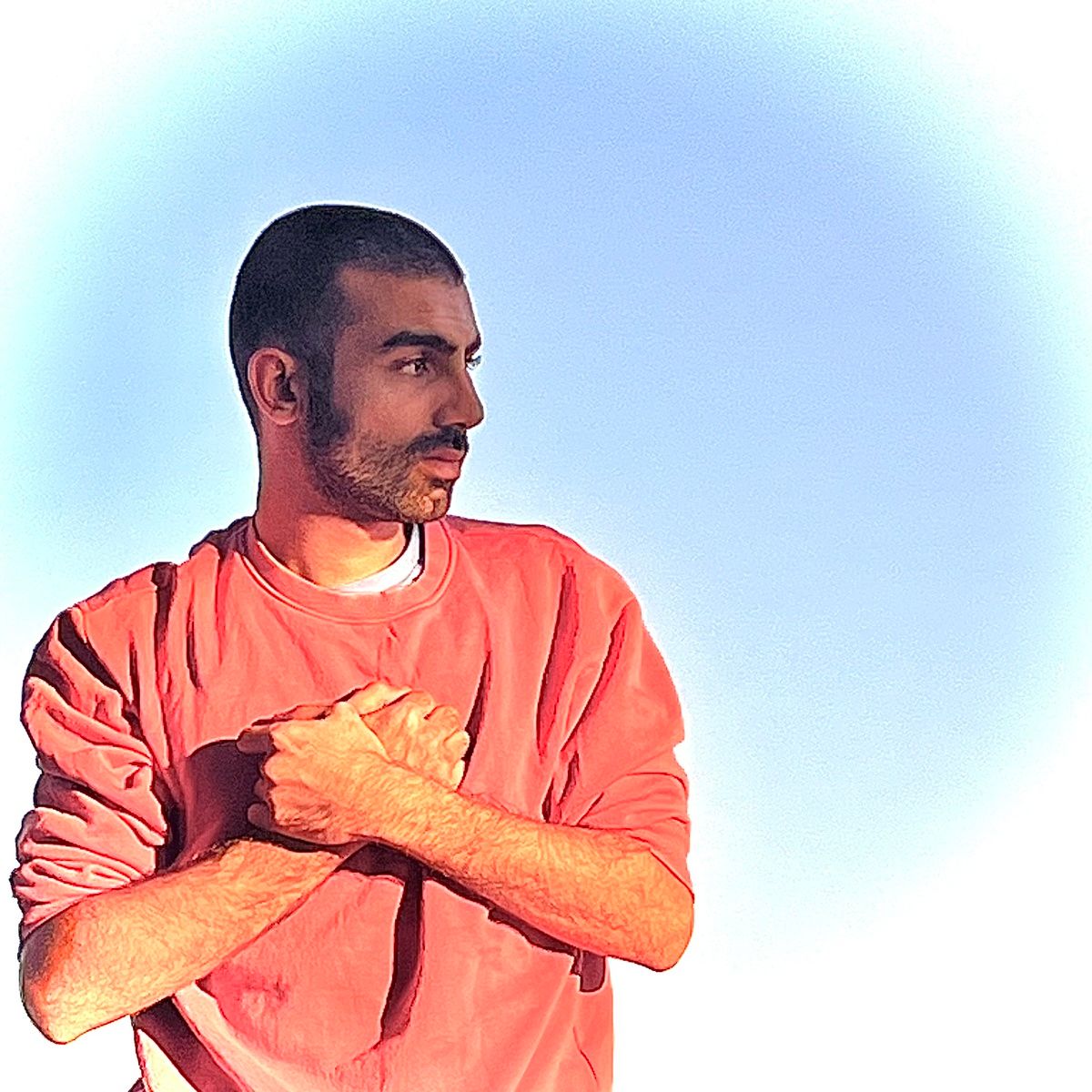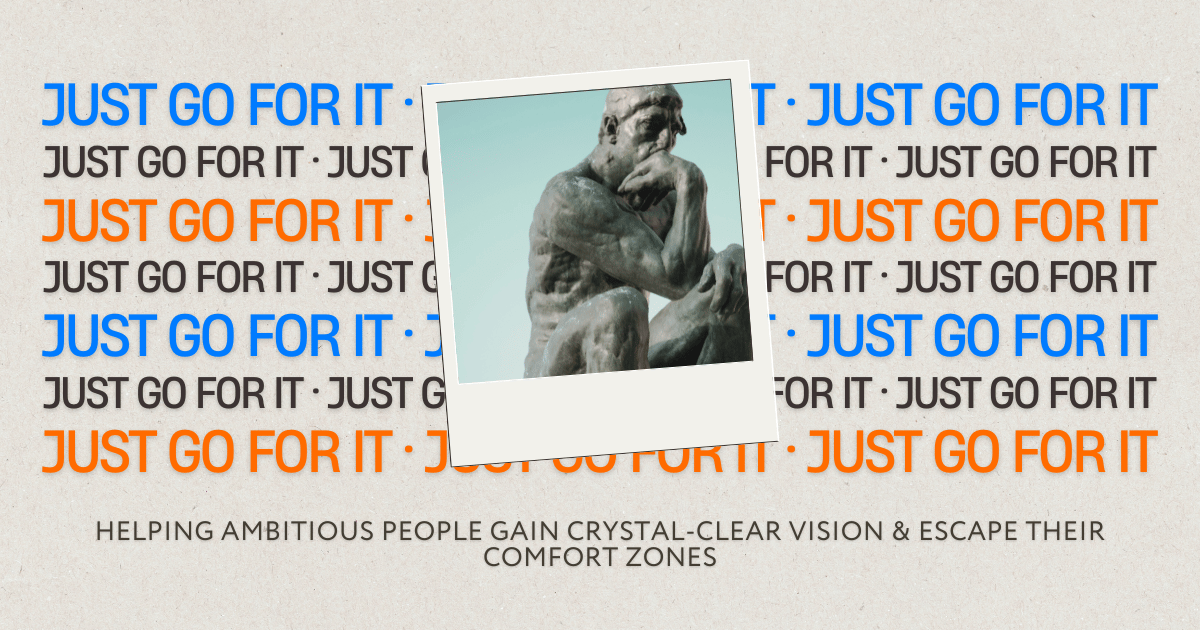I did what most makers do: opened a fresh Notion doc, created a project folder, spun up a landing page… and started coding.
I told myself I’d figure everything else out later; the audience, the monetization, the messaging, the actual plan.
And every time I launched, the pattern was the same:
A couple likes from fellow builders
One or two signups out of pity
And silence
The worst part? I couldn’t even tell you why it failed.
Was it the wrong problem?
Was I building for the wrong audience?
Was the messaging off?
Was it just bad timing?
I didn’t know.
And that ambiguity? It’s a killer.
Because now, I’m second-guessing every next idea. I’m hesitant. I stall.
The “Wait, What Am I Actually Building?” Phase
It wasn’t until I took a break from launching and engaged with other solo builders that I noticed a pattern.
The ones who were gaining traction weren’t necessarily better coders or designers.
They were just clearer thinkers.
They understood:
Who their users were
Why their problem mattered
What features were core (not just nice to have) “Painkillers” not “vitamins”
How they’d eventually grow or monetize, even if that came later
They had a plan.
Not a perfect one.
Just one that gave their project enough structure to survive long enough to grow.
Why I Started Planning Differently
I realized most of us aren’t failing because we’re lazy or lack skills.
We’re failing because we’re improvising with no strategy.
So instead of rushing into the next idea, I started asking better questions first:
Who is this for specifically?
What do they currently do to solve this?
Why will they care enough to switch?
How will I reach them?
What will make this version different?
The clarity that came from just thinking deeper for a few hours was better than anything I’d get from weeks of coding.
TL;DR
The next time you get excited about an idea, don’t start building.
Start thinking.
Start mapping.
Start validating.
There are tools (yes, I built PlanMy.App) to help with this now but the mindset matters more than the tool.
A business plan doesn’t have to be corporate, boring, or overkill.
It just has to be real. Something that forces you to make hard decisions early, before you waste time, money, or motivation.
And trust me: your future self (and your users) will thank you for it.

